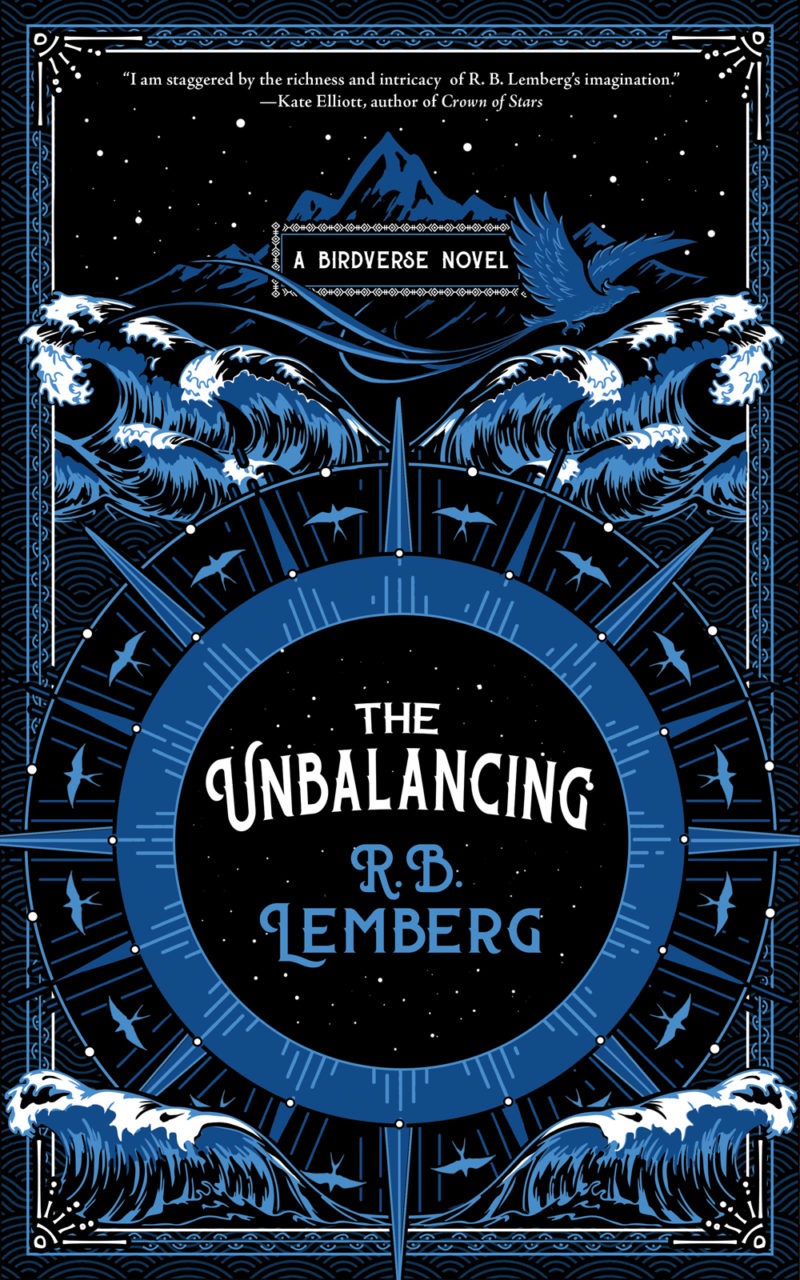What do you think?
Rate this book


226 pages, Kindle Edition
First published September 20, 2022
“Keeper, I need to be blunt. I do not like this word, fix, that you keep repeating. The stars are alive—they have pain and stories, they have journeys and dreams—this I’m sure of. The stars are alive even if they are asleep. The stars, when awake, can consent and withdraw their consent, and they can converse with their keepers. The stars are people, and you do not fix people.”
“I could carry the pain, but I did not have the gentleness.”
“The islands had weathered storms and earthquakes before, but I was terrified. We had always come together and rebuilt. We trusted our magics and our friendships, our warmth and our gardens, our abundance, our scholarship, but that wouldn’t be enough now.”
“We gift all to each other. Unless we perish, every single one of us, nobody and nothing can destroy this.”